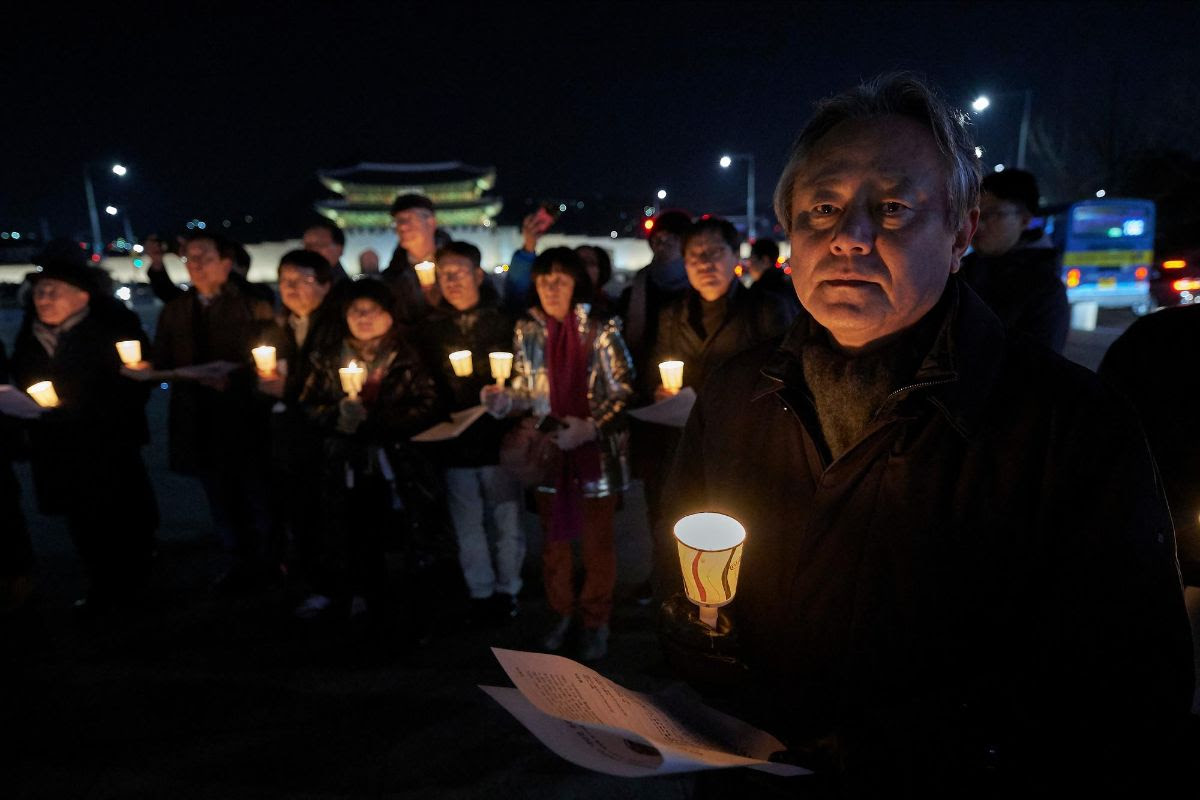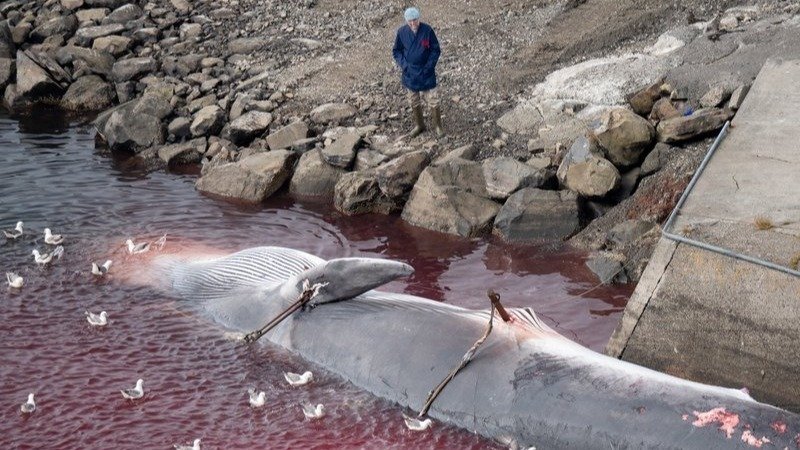|
In this blog, we'll look at how men and women at serving Jesus Christ both at home and abroad. We'll focus on how God is using their work to transform the lives of people all over the world.
Wednesday, May 31, 2023
Presbyterian Peace Fellowship - Leaving with gratitude and more community
WCC News: Weaving the web of peace and justice: a journey for reconciliation in the Korean Peninsula
| ||||||||||||||||||||||||||
|
Tuesday, May 30, 2023
WCC NEWS: WCC expresses concern over attack against Christians in Jerusalem
| ||||||||||||||||||||||||||
|
Friday, May 26, 2023
Change.org Petition: Save Icelandic whales - Ban whaling in Iceland
| ||||||||
| ||||||||
We demand that Iceland’s government bans whaling once and for all. Whales have taken as long as two hours to die during Icelandic hunts, according to a report by the Icelandic food and veterinary authority. Last year, animal welfare officers were on board the hunting vessel from whaling company Hvalur ehf. and documented and filmed 58 of the 148 fin whales that were killed that season. 36 whales (24%) were shot more than once with explosive harpoons. Of these, five whales were shot three times and four whales were shot four times. To put this in perspective it takes about 8 minutes to reload the harpoon that then needs to hit a fast moving animal in the ocean more than once if it fails to kill. One whale with a spear in its back was chased for 5 hours without success. The median time from the first shot to the death of the whales that did not die immediately was 11.5 minutes, and the agonising slow deaths lasted up to two hours. Three whales were shot but could not be caught and have fought long excruciating deaths. Horrific treatment of animals in this way is unacceptable. We demand a revocation of the whaling license and that these brutal killings be stopped and banned once and for all.
Íslenska:
Í nýútkominni skýrslu MAST „Eftirlitsskýrsla- Velferð hvala við veiðar á langreyðum á Íslandi 2022” kemur fram að veiðiaðferðir Hvals hf. leiði til hryllilegra og langdreginna dauðastríða hvala; aðferðirnar stríða gegn lögum um velferð dýra svo ekki verði um villst. Hvalveiðar fara gegn lögum um velferð dýra Af þeim 148 hvölum sem voru veiddir í fyrra, voru 36 langreyðar (24%) skotnar oftar en einu sinni með sprengiskutli. Þar af voru fimm hvalir skotnir þrisvar og fjórir hvalir skotnir fjórum sinnum. Einum hval með skutul í bakinu var veitt eftirför í 5 klukkustundir án árangurs. Miðgildi tíma frá fyrsta skoti til dauða hvala þeirra sem drápust ekki strax var 11,5 mínútur og dauðastríð varði í allt að tvær klukkustundir. Þrír hvalir voru skotnir en náðust ekki og hafa háð langt og kvalafullt dauðastríð. Hryllileg meðferð á dýrum með þessum hætti er óásættanleg. Einboðið verður að teljast að afturkalla leyfi til hvalveiða. Frekari uppl:
| ||||||||
| ||||||||
|
WCC NEWS: New factsheet shows pressing challenges to Palestinian presence in Jerusalem
A new World Council of Churches (WCC) factsheet entitled “Jerusalem’s Old City: A Future in the Balance” details the pressing challenges fac...

-
Genocide, Worker Rights, and White Christian Nationalism NCC Newsletter July 2, 2021 Click here to donate Recent Interview with Jim Winkl...
-
As we enter this sacred season — a time when many traditions gather to celebrate light in the darkness, rest after a long year, and the endu...
-
View this email in your browser Welcome to the Truth and Action Roundup, a reliable weekly source of information, inspiration, and action f...










